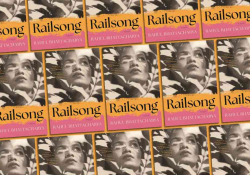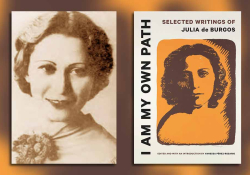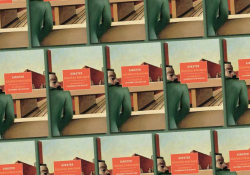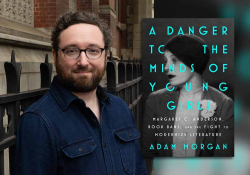Yannis Ritsos’s Exercises of the Imagination
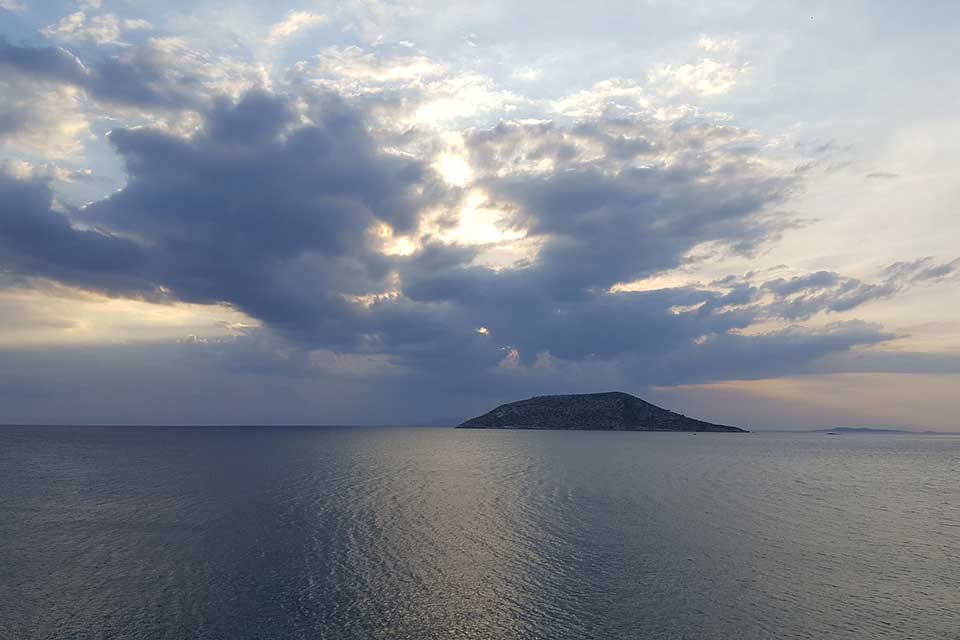
In the pantheon of modern Greek poets, Yannis Ritsos (1909–1990) stands out for his poetic renown as much as for the effigies and exiles of himself and his poetry. Yet, for all the efforts to dematerialize him, he remains—in his life, his work, and his legacy—a beacon for poets and peoples around the globe.
A devoted communist, he lived through the rise and fall of the Soviet Union and the myriad revolutions of the twentieth century. While his books were burned at the foot of the Acropolis in the 1930s and he was imprisoned in island internment camps in both the 1940s and 1960s, his poems were simultaneously set to music by Mikis Theodorakis and became anthems for generations. His life was as large as his output was prolific. He may, then, in his way, be seen to be a descendant of Ponos, the Greek god of toil and hardship, descended from either Nyx (Night) or Eris (Strife), who represents either suffering or a virtuous life—an appropriate pair of plausible ancestors for Ritsos. This heritage can be seen in Ritsos’s poem “Community” in which he says that people are “hardworking and virtuous, / [are] happy with the modesty of their virtue.”
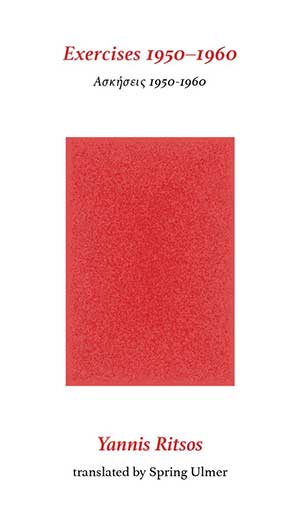
Ritsos’s life was as large as his output was prolific.
Ritsos’s salience for us in the twenty-first century, regardless of political persuasion, is not only his commitment to a life intertwined with politics and ethics but as a poet of the finest order, able to observe the deepest nuances of humanity and condense them into short, striking poems. All these qualities are on full display in the new translation by Spring Ulmer of Ritsos’s book Exercises, 1950–1960 (Ugly Duckling Presse, 2025).
Here, even more than usual, Ritsos is able to bring us into a life being lived. Having spent the years prior to beginning this writing project exiled on an island internment camp (and after this once again being imprisoned by the state), these poems act as a reintroduction to the world he knew beforehand that had now gone askew, and also as a reminder of a world that he hoped for—a Communist Greece—having not come into being.
The poems in Exercises demonstrate key elements of their message and meaning from their length. To the extent that those poems over ten lines stand out as “long poems” sets the book apart from many others, in that it is the long, rather than the short, poems that are the marked category. Here, length documents the hanging-on rather than the short detailing an absence, providing the reader the capacity to both ingest and digest the condensed poems as if they were high-proof spirits.
In one poem, Ritsos gets to the heart of the way that our body and senses are able to begin seeing the world around us before we are there, homing in on the coming “promise of sea dew” as a space for building both futures and our own knowledgeableness (“Not Ignorant”). In the facing poem—aptly titled “Responses”—he sets his eyes to the “shadows of clouds” and how they, alongside the hammering disappearing shadows of the people, restore “the state to its size”—an overlapping meaning of the word “state” here comes to the fore.
The world, for Ritsos, is populated by beings interconnected in their living, regardless of their relation to humanity. Throughout the book he uses a wide variety of examples, such as: a canteen is an oath, a memory, and friendly (in “Not Political”); windows, lamps, and old houses no longer object to daybreak (“Sunrise”); a horse cries tears for the dead (“Incident”); and silence studies its own role in the theater (“Not Artificial”). In these he recognizes and provides space for the agentic life of objects, place, and memories. He finds ways to place himself outward from his body, beyond himself—his heart fits the world “just like the keys in my door” (“Inward or outward”). Such a maneuver both connects to poetic tools and serves as a theoretical attempt to connect life together under anthropocentrism.
It is important to acknowledge that much of the book has—at minimum—the appearance of being about men with other men. While the book is homosocial—in its rootedness between men—there is an open, unvarnished vulnerability in the writing and narratives that contests some of the masculine posturing that could be read throughout the book. The ethos that joy and suffering happens in community, and we are all connected through this into becoming a community, opens up avenues that challenge conventional masculinity and demand rethinking about relationality.
The ethos that joy and suffering happens in community opens up avenues that challenge conventional masculinity.
Committed to the dialectic, he recognizes the mechanisms by which relations undergird our actions and living. In “Daily Life,” he writes that “He clenched his fist to hit someone, get revenge, / and with that clenched fist knocked on his friend’s door.” Not to take revenge on his friend but to sit by the fire with them, forget “all the suffering,” and bond in togetherness. The poems might then be seen as strands of twine tied together by the binding, demonstrating both the validity of the individual stories and the breadth of the collective.
Kostis Palamas, the author of the Olympic Hymn, who publicly praised Ritsos in the 1930s when Ritsos’s poems were being burned, said that “true national poetry is poetry without a country and poetry in its highest intensity.”[i] It is into this place that we should see Ritsos’s Exercises, and, taking the title literally, allow it to move us toward a recognition that we are all working toward bringing a world into existence—no matter how imperfect, impractical, or impermanent these worlds may be.
It is important to note that this is the first opportunity for English readers to have the full width and breadth and collective experience of the book. The translations are poignant, refusing both the didacticism of the political or the overwroughtness of romanticism. While previous selections of the book have included sixteen and thirty-one poems, this new translation contains the book’s full 163 poems. The full assemblage demonstrates the totality of the book’s project and goals, undergirding the importance of this publication.
Yet this may also be one of the challenges of the work: it requires sitting with it, quietly and contentedly. These are the quiet moments between daybreak and morning, pauses between sips around a table in some public location—or, as Spring Ulmer says, the poems are “achingly routine.” Though these may not be methods of reading (or writing) that the twenty-first century is necessarily most attuned to—we are busy, we are poor, the world is crumbling around us, etc.—it may just be the type of reading and writing that we deeply are in need of.
All words are written in a specific time and place; while they can be read at any point that follows the event, they contain within themselves a kernel of this origination. While this is true for any text or author, it is all the more true for Ritsos, as both Exercises, 1950–1960 and the author demand us to acknowledge the world they lived in—and the lived world in which this new translation is published. It is these imperfect worlds that Exercises attempts to give life to, hoping we may join them for a morning walk, an evening coffee, or the quietude of being together.
Jeonju, South Korea
[i] Quoted in George Seferis, On the Greek Style: Selected Essays in Poetry and Hellenism, trans. Rex Warner and Th. D. Frangopoulos (Atlantic Monthly Press / Little Brown, 1966).


